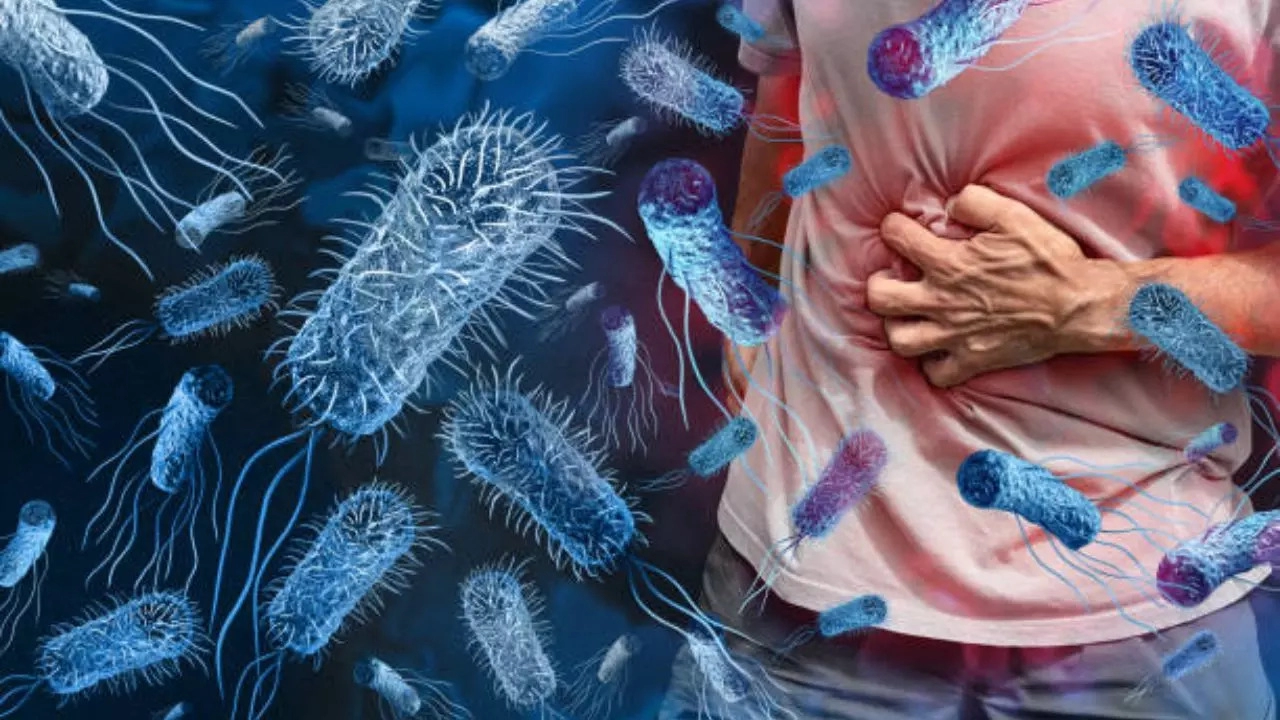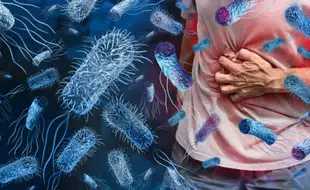
378 People In Nigeria Have Died Of Cholera
The cholera outbreak in Nigeria has led to 378 deaths, increasing earlier from 359. The country has also reported more than 14,000 cases of cholera since January, said a senior public health official. Xinhua news agency reported that at least 14,237 suspected cases had been reported in 35 out of 36 states as of October 13.
Speaking to reporters, Jide Idris, head of the Nigeria Center for Disease Control and Prevention (NCDC), said, “Cholera has remained a significant public health challenge, especially in states affected by flooding and poor water and sanitation infrastructure.”
He added that the five northern states of Borno, Adamawa, Jigawa, Yobe, and Kano had been identified as the epicentres of the outbreak. The NCDC has deployed rapid response teams to affected areas and conducted reactive cholera vaccinations in internally displaced persons camps to combat the outbreak.
What is Cholera?
Cholera is an infection that is caused by eating or drinking food or water that is contaminated with the bacterium Vibrio cholerae. Researchers say that every year, nearly 1.3 to 4.0 million cases of cholera and 21,000 to 143,000 deaths worldwide due to the infection.
It can cause severe diarrhoea and dehydration and if left untreated, it can turn out to be fatal. The World Health Organisation (WHO) says that it takes between 12 hours and 5 days for a person to show symptoms after consuming contaminated food or water. “Cholera affects both children and adults and can kill within hours if untreated.”
Most people infected with Vibrio cholerae do not develop any symptoms, although the bacteria are present in their faeces for 1-10 days after infection. This means the bacteria are shed back into the environment, thereby, infecting other people.
Symptoms of Cholera
Some of the common symptoms of cholera include:
-
Diarrhoea: Cholera-related diarrhoea will happen suddenly and can quickly cause fluid loss.
-
Nausea and vomiting: Vomiting occurs especially in the early stages of cholera and can last for hours.
-
Dehydration: Dehydration might develop within hours after cholera symptoms start and range from mild to severe.
- Irritability, fatigue, sunken eyes, a dry mouth, extreme thirst, dry and shrivelled skin.
Due to dehydration, there can be electrolyte imbalance which can cause the following symptoms.
-
Muscle cramps: This happens when there’s a rapid loss of salts from your body.
-
Shock: This is one of the most serious complications of dehydration. It happens when low blood volume causes a drop in blood pressure and a drop in the amount of oxygen in your body.
Preventing Cholera
Here are some ways to prevent cholera, according to Cleveland Clinic.
- Avoid tap water, water fountains and ice cubes. This precaution applies to the water you drink and the water you use to wash dishes, prepare food and brush your teeth.
- Don’t eat raw or undercooked seafood.
- Drink water only if it’s bottled, canned, boiled or treated with certain chemicals. And don’t drink out of a bottle or can with a broken seal.
- Eat prepackaged foods or make sure other foods are freshly cooked and served hot.
- Consider disinfecting your water. Boil it for at least one minute and add half an iodine tablet or two drops of household bleach to each litre of water. You can also use chlorine tablets.
- Wash fruits and vegetables with clean water.
- Wash your hands with soap and clean water, especially before handling and eating food and after using the bathroom. You can also use hand sanitizer made of at least 60% alcohol.
(With inputs from IANS)
Get Latest News Live on Times Now along with Breaking News and Top Headlines from Health and around the world.

